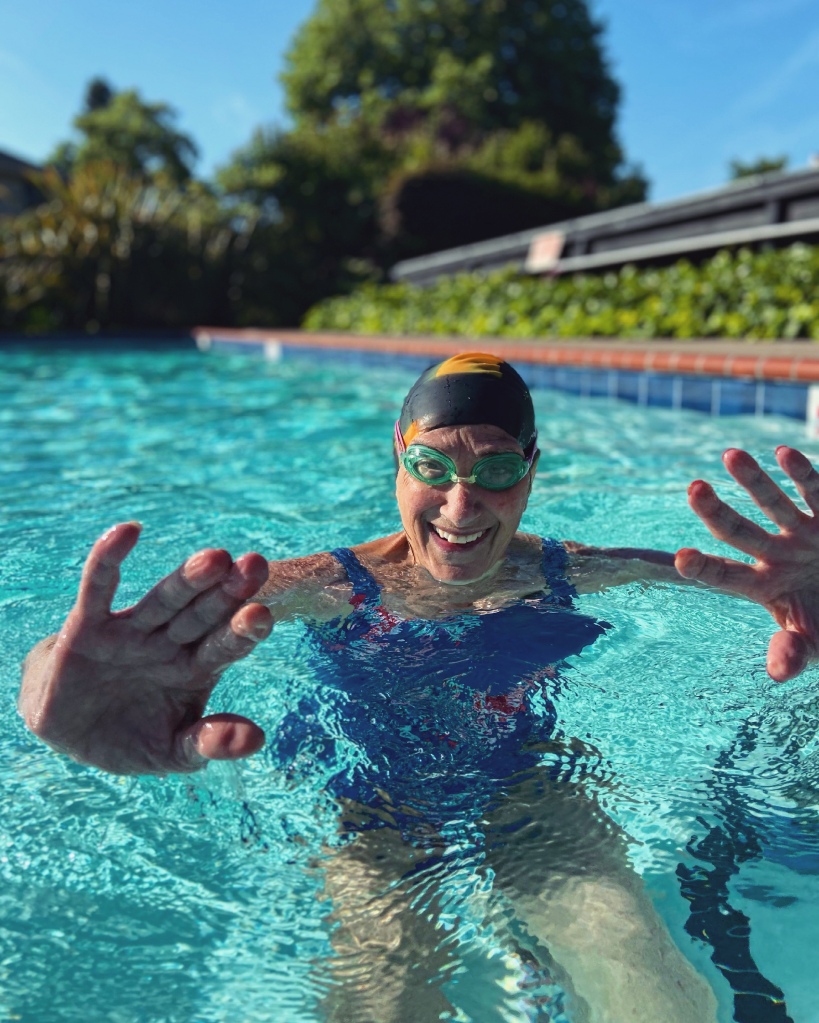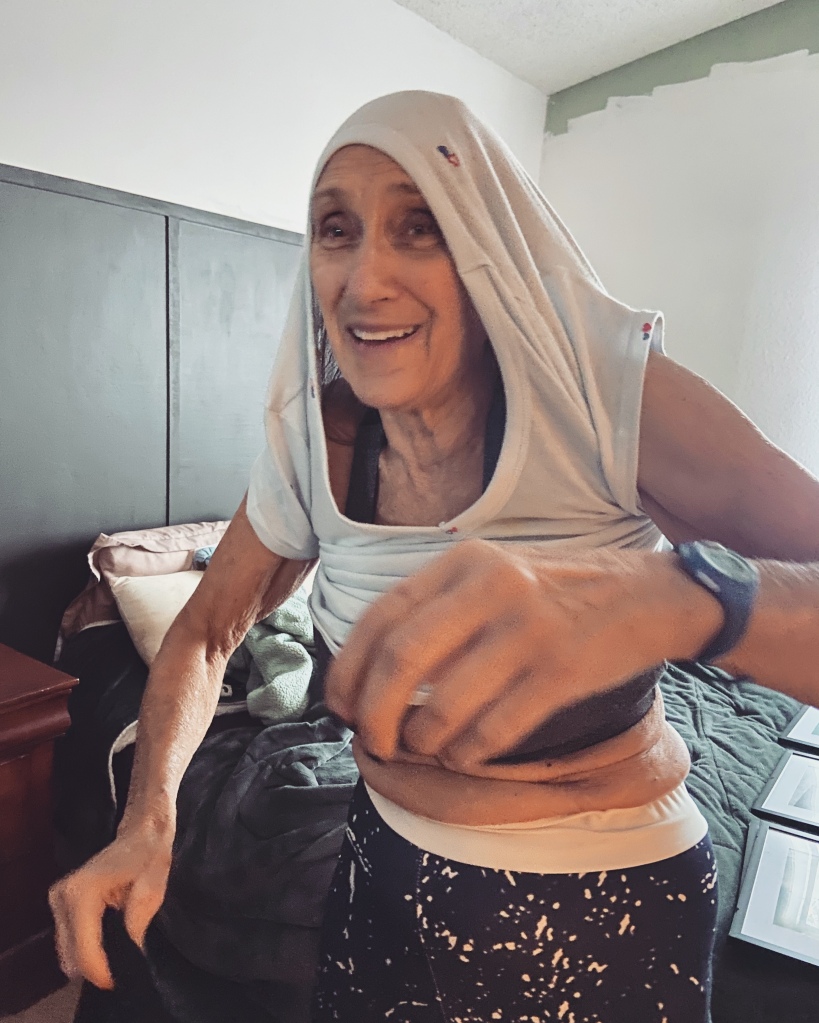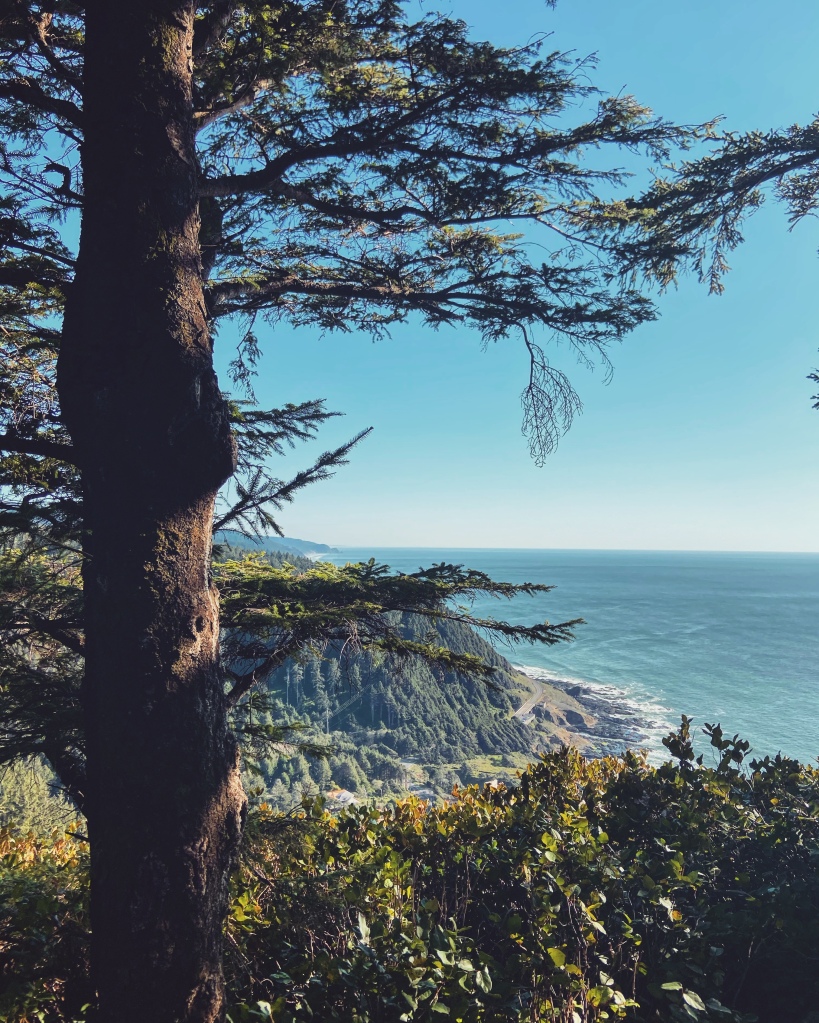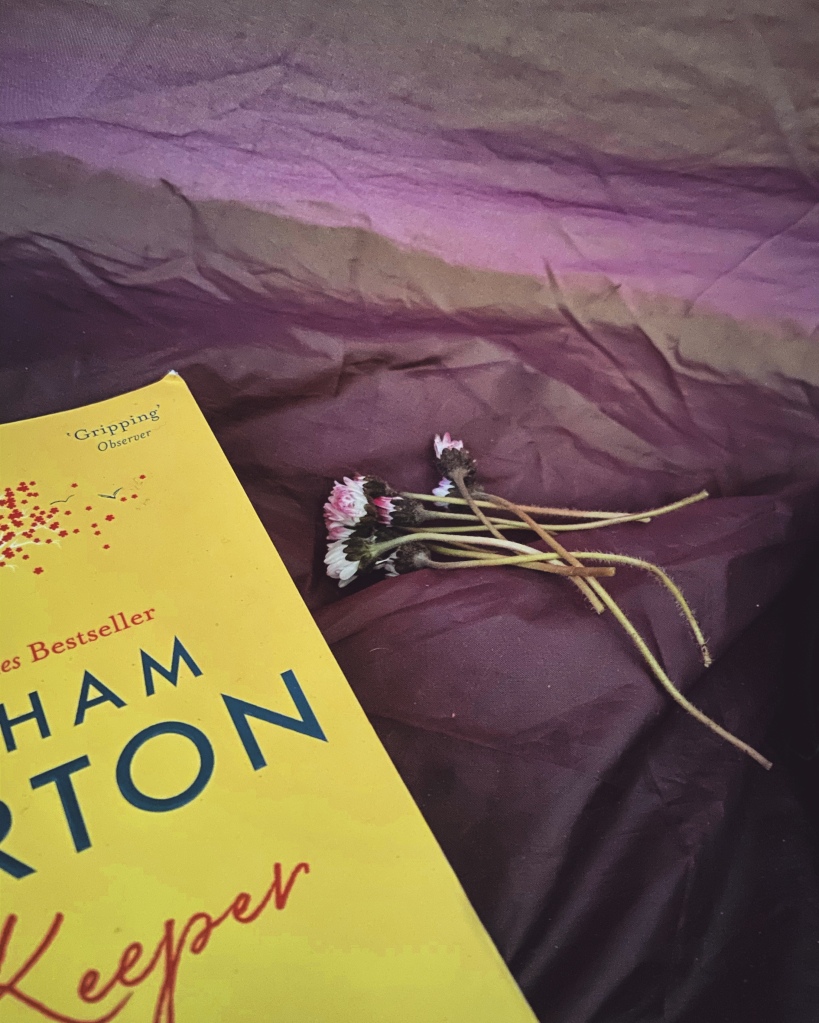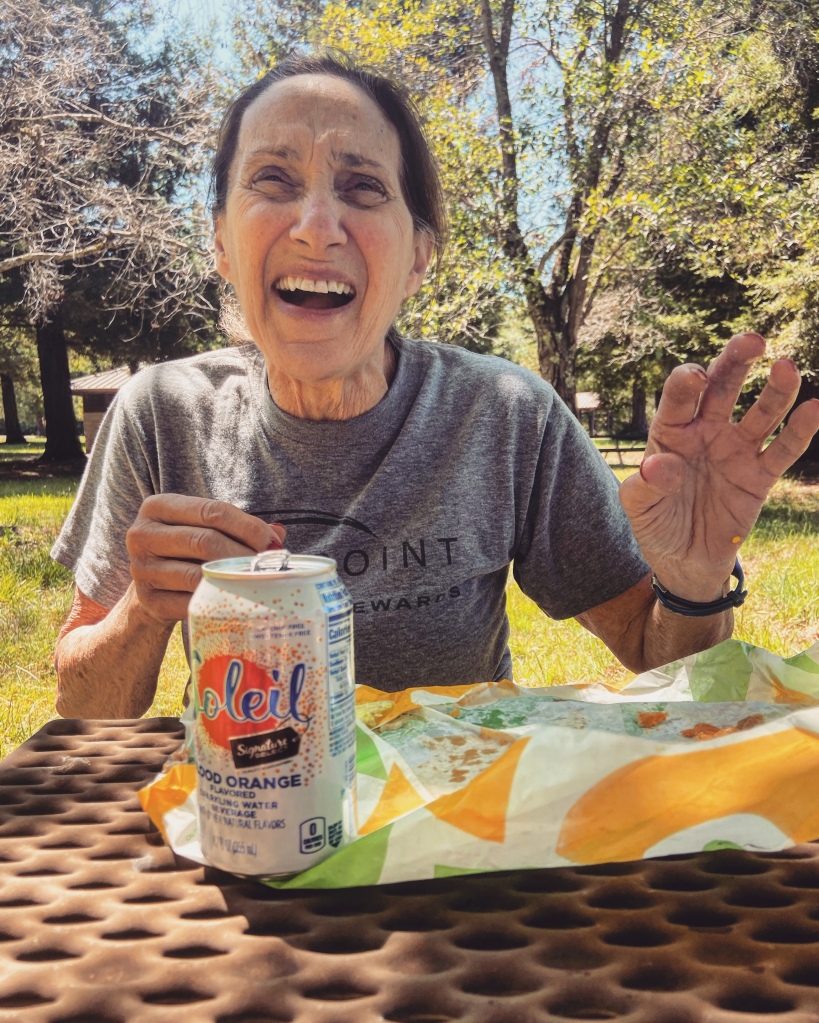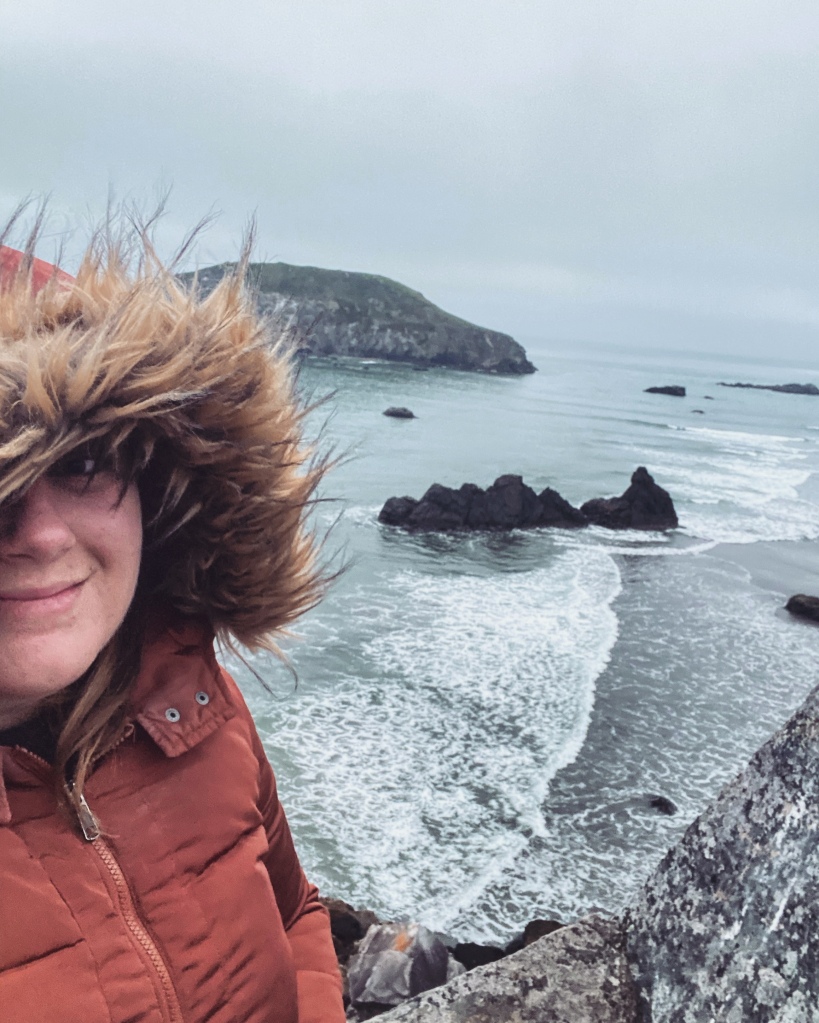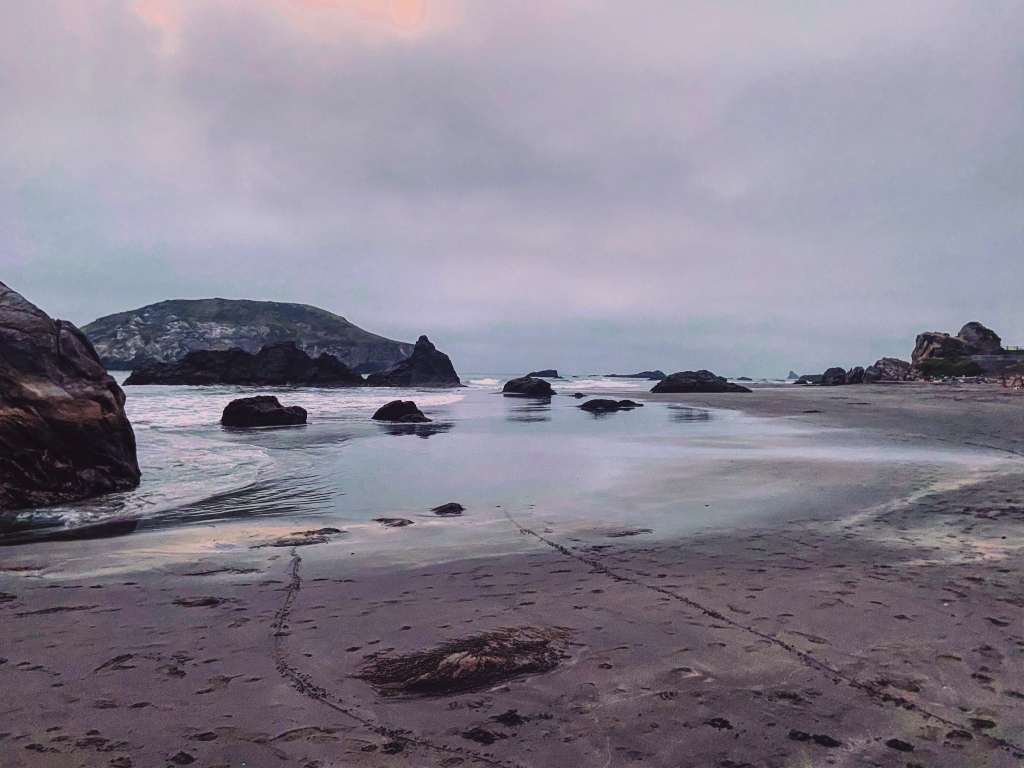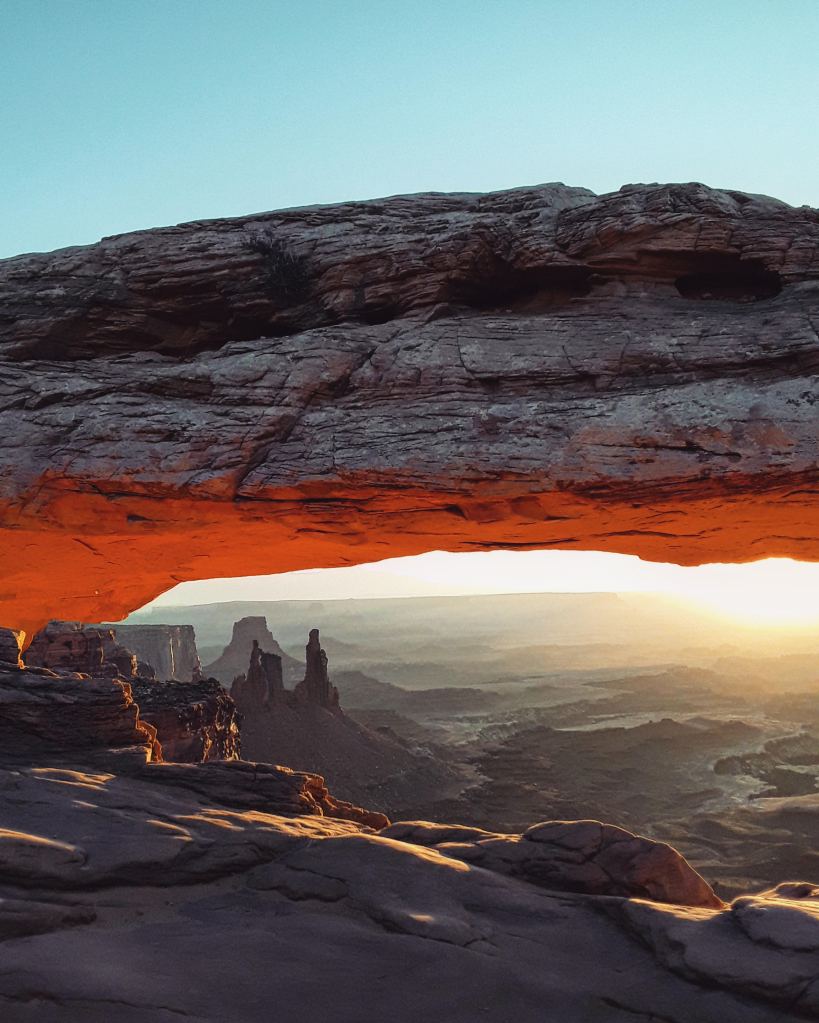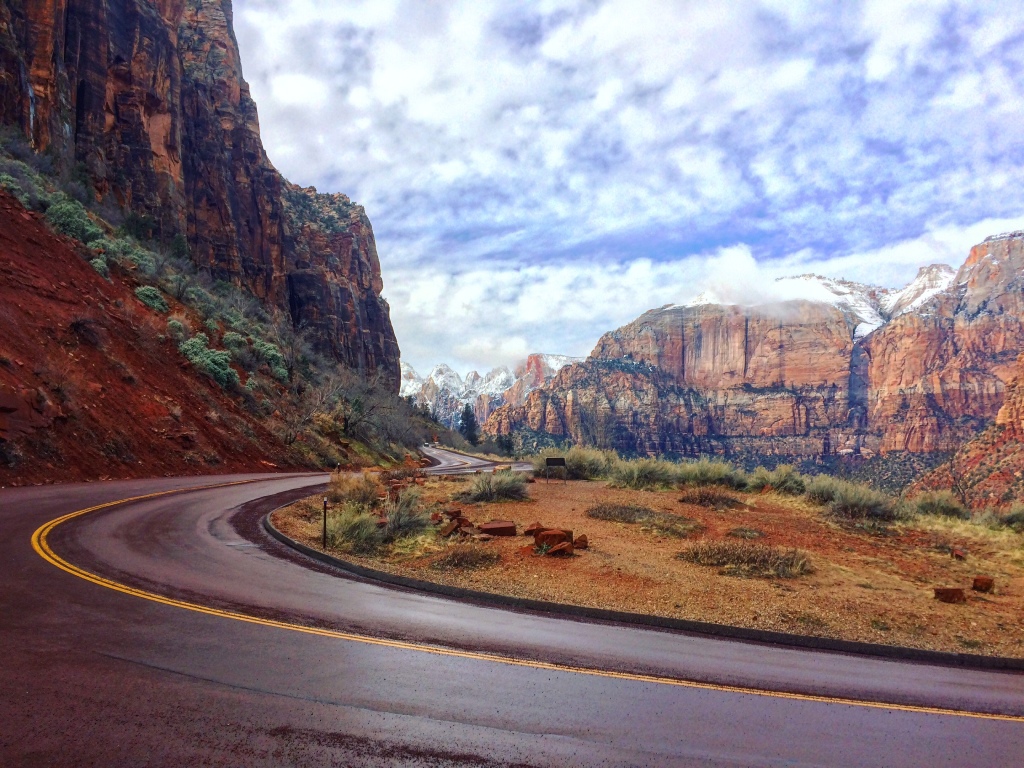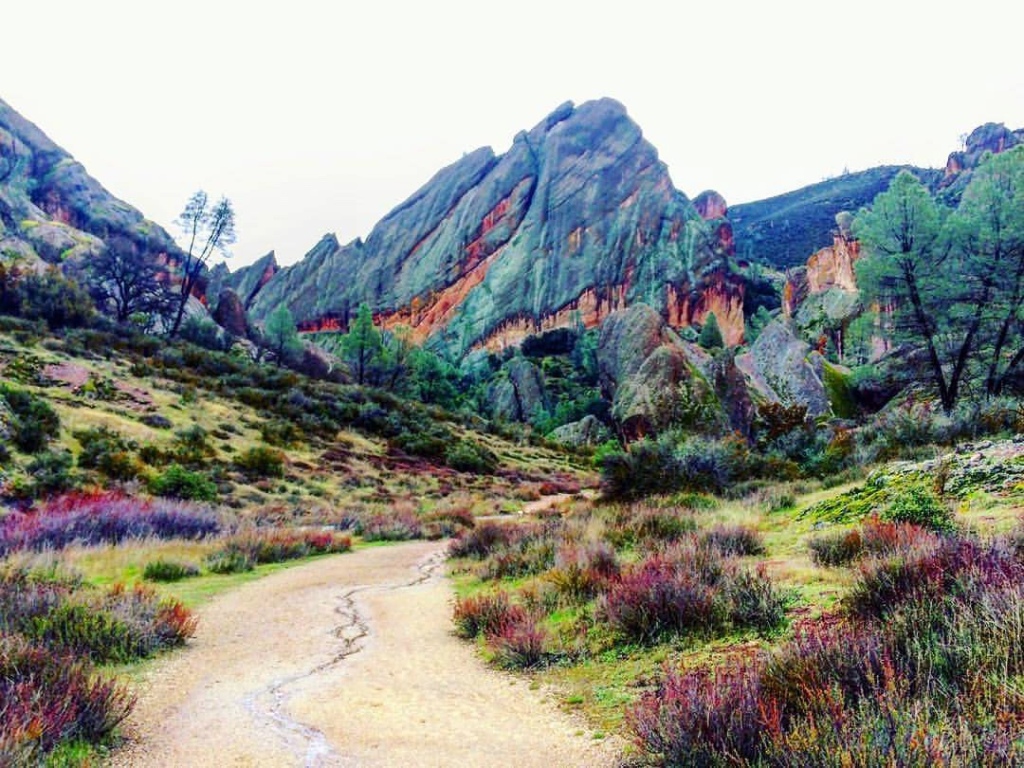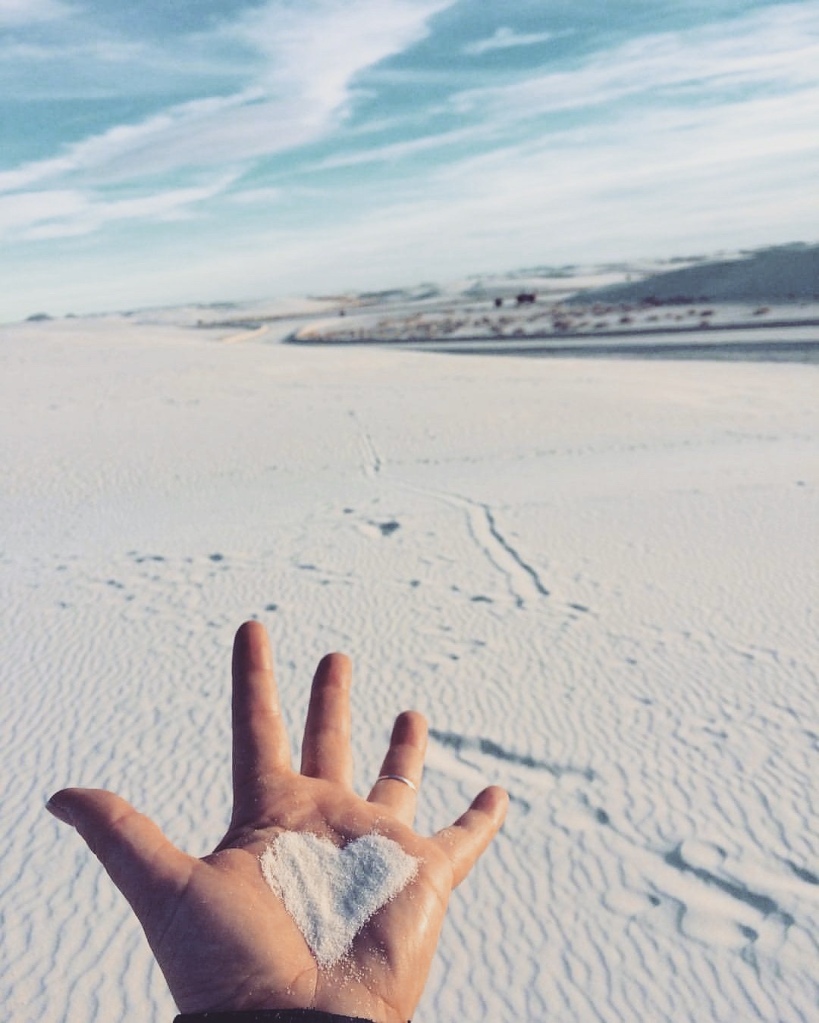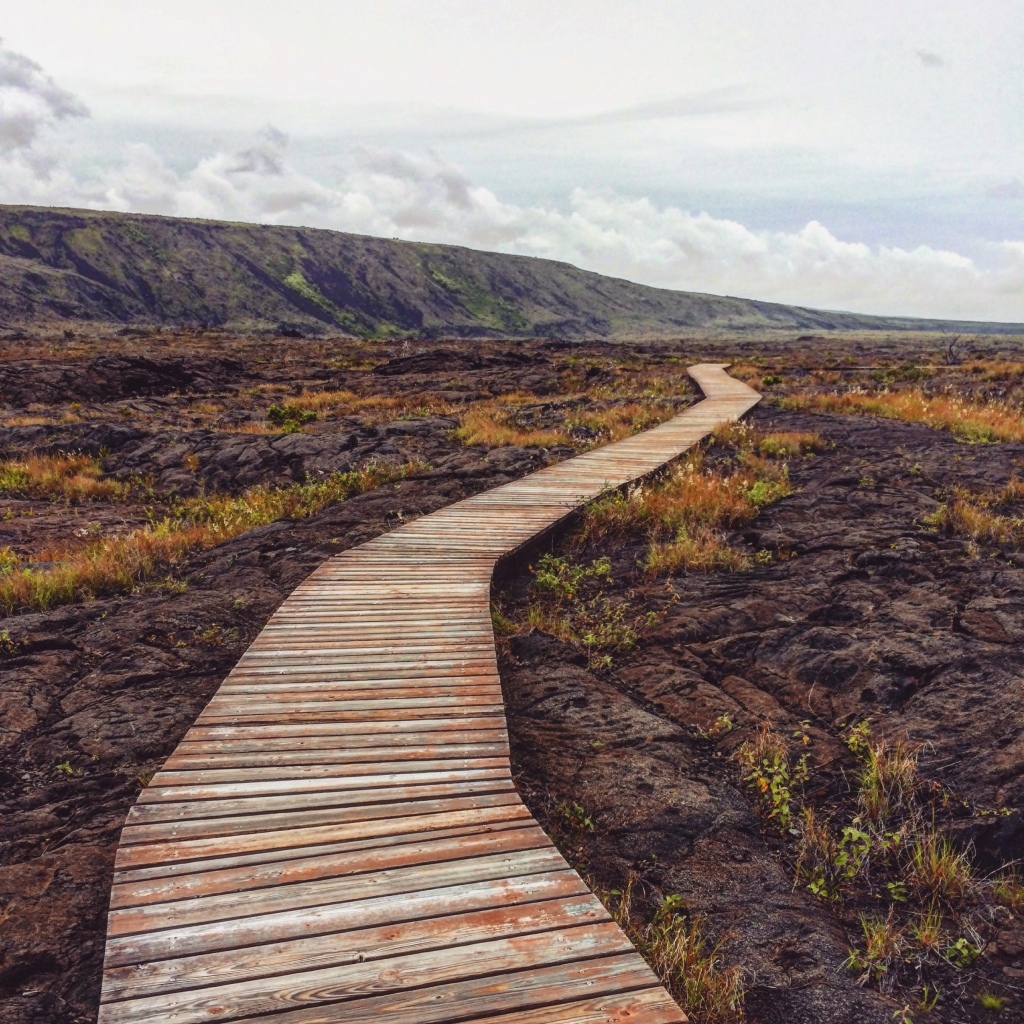Few and Far Between
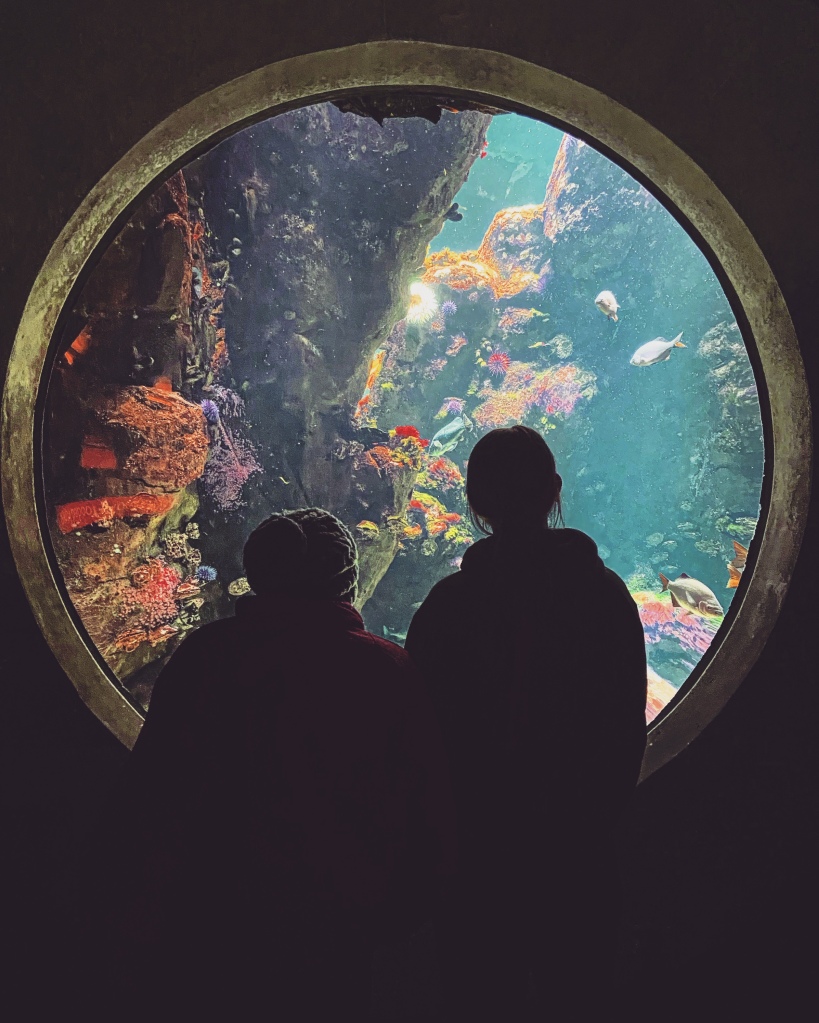
I knew I have anxiety and moderate depression, so when I heard my diagnoses it did nothing but confirm their very clear-to-me existence. But being told I am lonely is what cracked my stoicism. After answering some questions about my recent state of mind it was explained that I scored at the very top of the lonely scale and my stress rating was at a 13 out of 16. “Yup. Sounds about right,” I thought silently, tears gathering in my eyes. I bit my lip so I couldn’t be heard whimpering over the phone. I listened to the social worker explain what resources and advice she could provide: caregiving respite, therapy sessions, filling my doctor in about my situation and looking into prescription anti-depressants.
Depression is a familiar ailment of an era long ago. In high school and the first few years of my twenties I struggled, hard. I had phases of suicidal ideations. I took a handful of painkillers once, but it only made me groggy enough to fall asleep. In the moments I wanted to die, I didn’t really. I just wanted to not feel uncontrollably unwell any longer. Thankfully I spent the decade afterward without that unnerving blanket of melancholy.
When I tiptoed and then dove headfirst into caregiving the depression yawned from hibernation, slowly rustling awake until it could catch its footing. Here I am, back in this web that I thought I had wrestled from. This time was different. It wasn’t some inexplicable force that I didn’t understand, couldn’t talk about, or had no understanding of how to combat. This time I knew exactly what it was and the source from which it stemmed.
Obviously the answers I provided for the depression questionnaire were bleak, but there was one that stood out.
“Do you have thoughts that you would be better off dead, or of hurting yourself?”
“Not at all. I just want to be out of this situation,” I replied plainly.
Up until a few weeks ago it had been about two years since I had last contacted my social worker. With the complications of the pandemic and everything else in between there was a lot that constantly got rotated to the top of my priority list, with most of the to-do list drowning beneath the surface of the more pertinent tasks. Often the list changes from moment to moment, directly influenced by the necessity of addressing Mom’s everyday care and maintaining enough working hours to pay the bills and contribute to savings.
Caregivers tend to put themselves last, whether it be intentional or by design of the responsibilities they carry. It’s not surprising that I’ve taken this long to reach out for professional support again. The irony is not lost on me that I work for the same organization that employs my social worker. Non-caregivers will likely not understand how it’s possible for that gap to happen, but I’m not concerned with the opinions of those that have not navigated this path. Instead of beating myself up for not taking better advantage of the resources I have access to, I acknowledge the extreme difficulty of the situation I’m in.
Being Mom’s live-in caregiver is a vortex that binds me within its boundaries at all times. Even when I’m not physically with her I cannot help but to think about her and everything I have to do to take care of regarding her. It can be extremely challenging to reach outside of the consuming mixture of heavy emotions and never-ending responsibilities to grasp hold of something solid. And then putting in the work to follow up on advice and support services? That in of itself can be draining and burdensome, especially so when some aspects of obtaining services can involve a lot of red tape. It can feel like I’m on one of those spinning gravity rides at the fair, pressed firmly against the sides of the horizontal wheel and helpless to move, no matter what strength or willpower I possess.
This time around the depression is a changeling, adapting itself to disrupt my needs in this new era. I eat too much. I feel fatigued all day. I’m isolated from my peers and their current life experiences. My mind fluctuates between racing thoughts and feeling like Jell-O. I can’t concentrate for long periods of time. I rarely exercise. I’m irritable, restless, discontented. On the worst days I spend hours in bed, only getting up to gather snacks, set Mom up with an activity, and use the bathroom. A majority of the time I’m at least able to get a few tasks done, go to work, cook a meal or two. There’s little to look forward to when I have no idea how long I’ll be in this situation or when I’ll have my own life back. The best days are when I’m at work or enjoying time with a friend, though I hate how little positivity or new personal information I can contribute to conversations. I want stories of love and unexpected travel hiccups to pour from my mouth, but I’m a walking Groundhog’s Day movie without the humor.
Hi, it’s me. Things are the same. Life is hard. I’m sad, but doing my best. See! I can take away the discomfort and annoyance of my downer vibe by telling you all about the last movie I watched or absurd new article I read. Now tell me about your life and all of the things I’m missing out on.
My Sunday hiking ritual and infrequent travel trips that once were a saving grace have long been deleted from accessibility. I mourn them fiercely, with rage and solace of memory. Every day is marked with the incessant flashings of the life I left on pause. I count weeks and years in the widening of my face and belly. My body is so used to this unrelenting trauma that it stopped signaling in bouts of chest tightening anxiety attacks. The absence of experiencing them is just as worrisome as having them angrily bloom.
This is survival. I will get through this. The tethering of familial love has led me right into the role of psychopomp. It is an honor as much as it is an ultimate burden. I know all too well that there is high risk of consequences for the sacrifices I’ve made to provide care for Mom. Everything I’ve already shared with you is a testament to the preliminary consequences already in place. I worry about the potential of additional health problems that this could cause in later years. I hope there isn’t damage that can’t be undone.
The real kicker is that I know Mom would abhor this situation, if she could understand it. The old mom never gave up battling my depression in high school, even when everything she tried failed to make a dent and all she could do was hold me. She would do anything for her children. If she were capable of knowing what Alzheimer’s has done to her, done to me, it would destroy her. I think it would destroy most any decent person. That’s the sickening silver lining of dementia. It protects the victim from the absolute truths, like blinders for an animal being led to slaughter. It is a kindness that I both appreciate and despise.
I haven’t yet set up respite care. Or emailed my doctor. Or scheduled therapy sessions. But I’m one step closer. I’m making moves, albeit slowly. It just takes me longer to slog forward these days.
